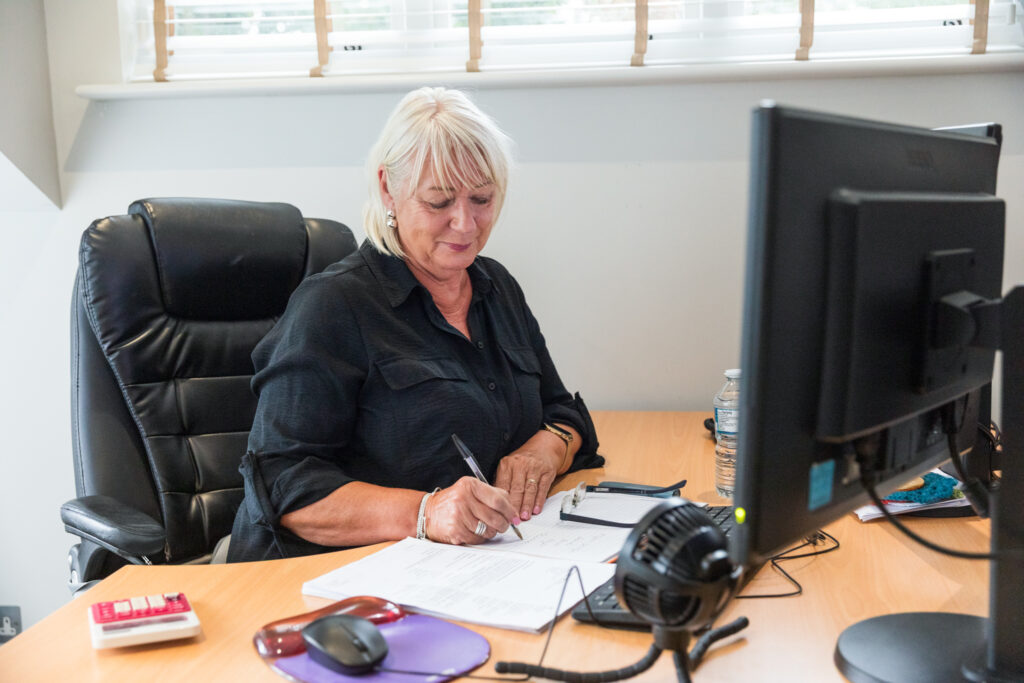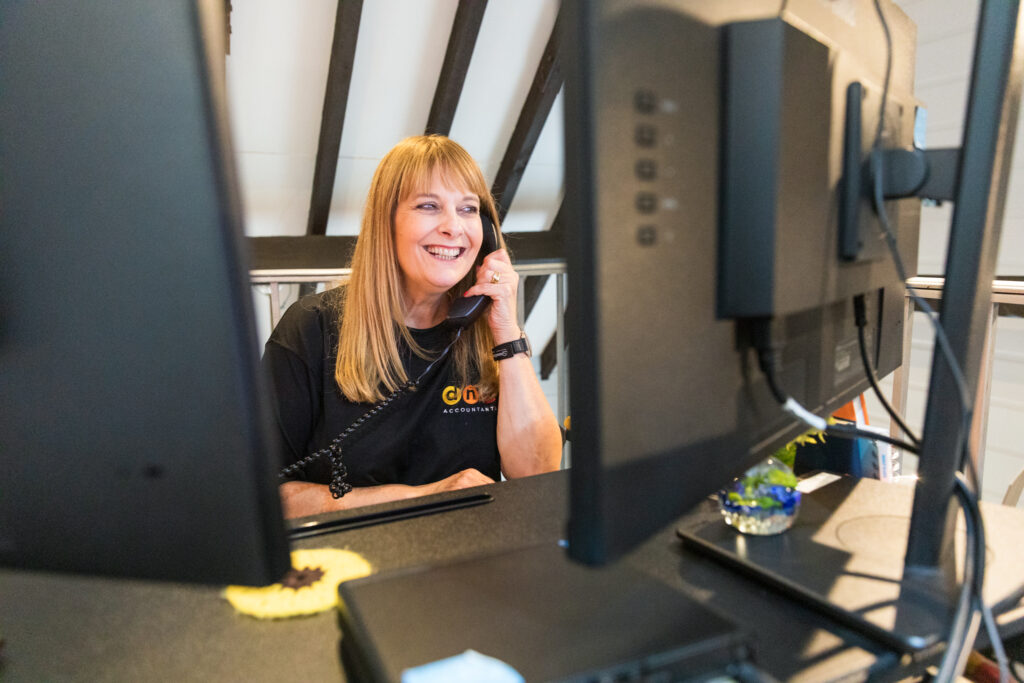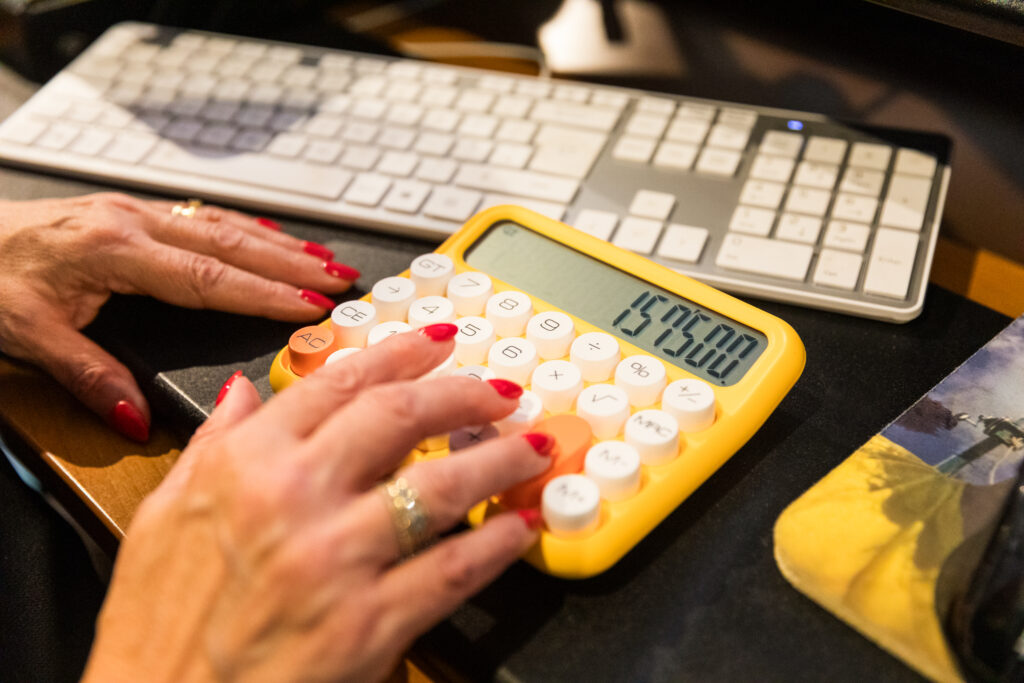Running a business is full of risks — and having the right insurance is part of smart, responsible planning. But did you know that which business insurances are tax-deductible (and which aren’t) depends on who the policy protects, how it’s paid for, and who ultimately benefits? Whether you’re a sole trader or you run a
Category Archives: PAYE
Thinking about taking some money out of your limited company? Before you hit ‘transfer’, it’s worth understanding how dividends actually work — and what to check before you pay yourself. Dividends can be a brilliant, tax-efficient way to pay yourself as a business owner, but they come with a few rules and responsibilities. Let’s break
At DNA Accountants, we know payroll changes can come as a surprise — especially when something new suddenly appears on your payslip. So here’s a guide to what’s happening and why. What’s Changed in 2025/26 for Employer’s National Insurance on Director Payroll From April 2025, the government increased the Employer’s National Insurance Contribution (NIC) rate
As an employer (big or small), getting payroll right is essential. It’s not just about paying staff — it’s about staying compliant, avoiding penalties, and running a smooth, trustworthy operation. This guide walks you through the essentials: starter forms, right to work, P45s, submissions, P11Ds, part-time staff, holiday pay, and more — all specific to
When you run a limited company, using a car for work can quickly get confusing. Should you log mileage and claim it back — or have the company pay for fuel? And what about tax? Let’s break down the limited company car mileage vs fuel benefit debate, straight from HMRC’s official rules, so you can
Directors often ask whether they can claim Statutory Maternity Pay (SMP). The answer is yes — but only if certain conditions are met. If you’re a company director and planning for maternity leave, here’s a clear breakdown of the rules, calculations, and how payments are made. Who qualifies for statutory maternity pay? To be eligible
If I were to create a hit list of questions asked by clients, the one that would be in our top 3 would be around company cars and company car tax implications. A company car is often seen as a desirable perk — but in reality, whether it’s a good idea depends on who you
Over the years, many of us end up with several pensions from different jobs — some large, some small, and sometimes a bit forgotten about until retirement looms. When it comes time to draw from them, one question comes up again and again: “Can I take the whole thing tax-free?” The rules around pensions can
Why it matters Setting up as a sole trader or limited company director isn’t just a bureaucratic choice—it’s a strategic decision that affects your taxes, your rights, and your long‑term goals. Whether you’re nearing £50K income and facing MTD ITSA, or edging over £100K and losing your personal allowance, this clear breakdown will help you
If you run a limited company, one of the biggest perks is the flexibility in how you pay yourself. But with that flexibility comes confusion. Should you take a salary, dividends… or a bit of both? And what’s this “director’s loan account” everyone keeps talking about? Let’s break it down in plain English (with no
- 1
- 2










